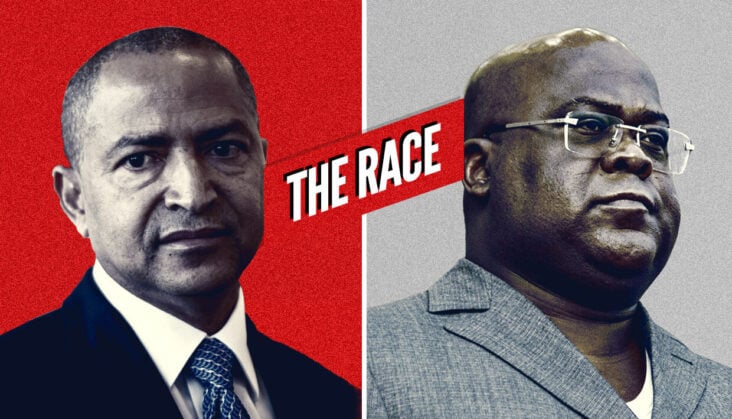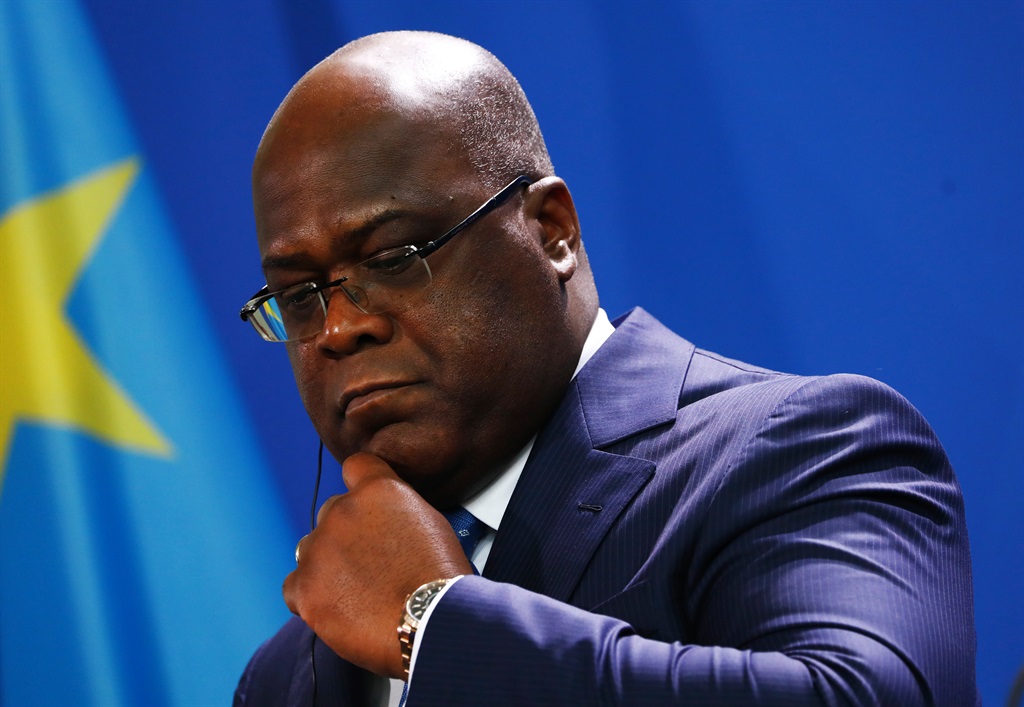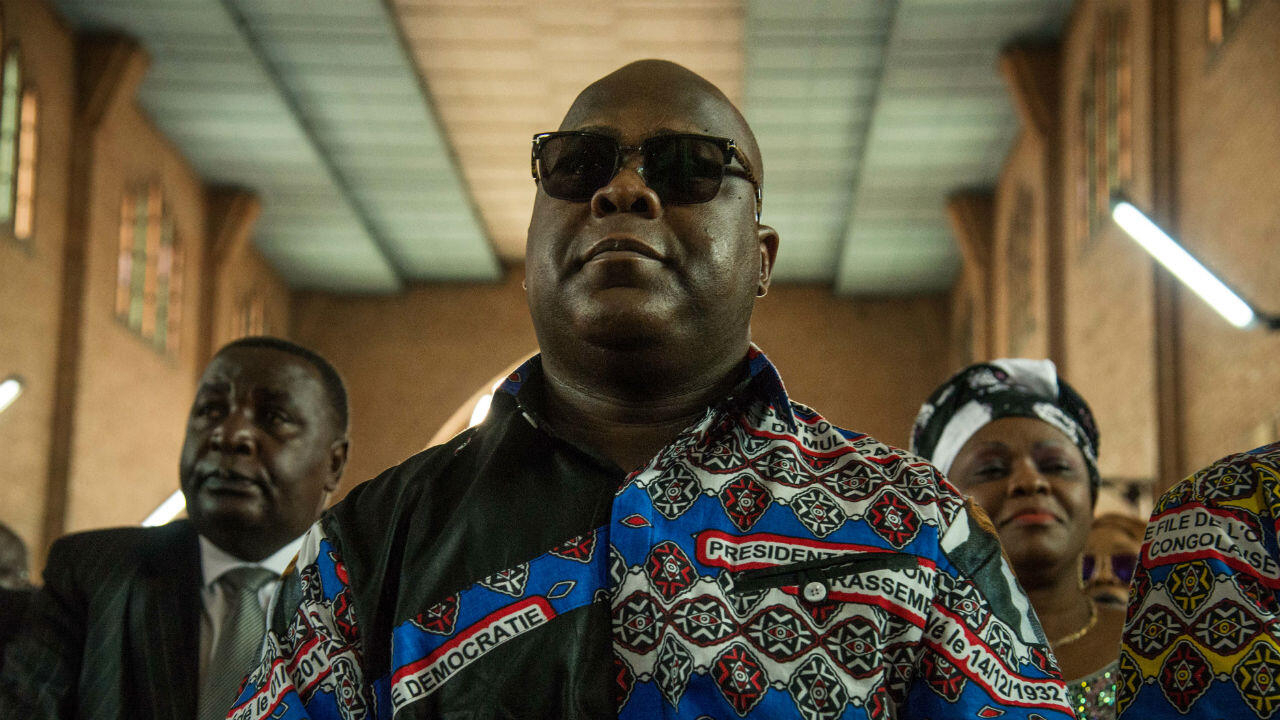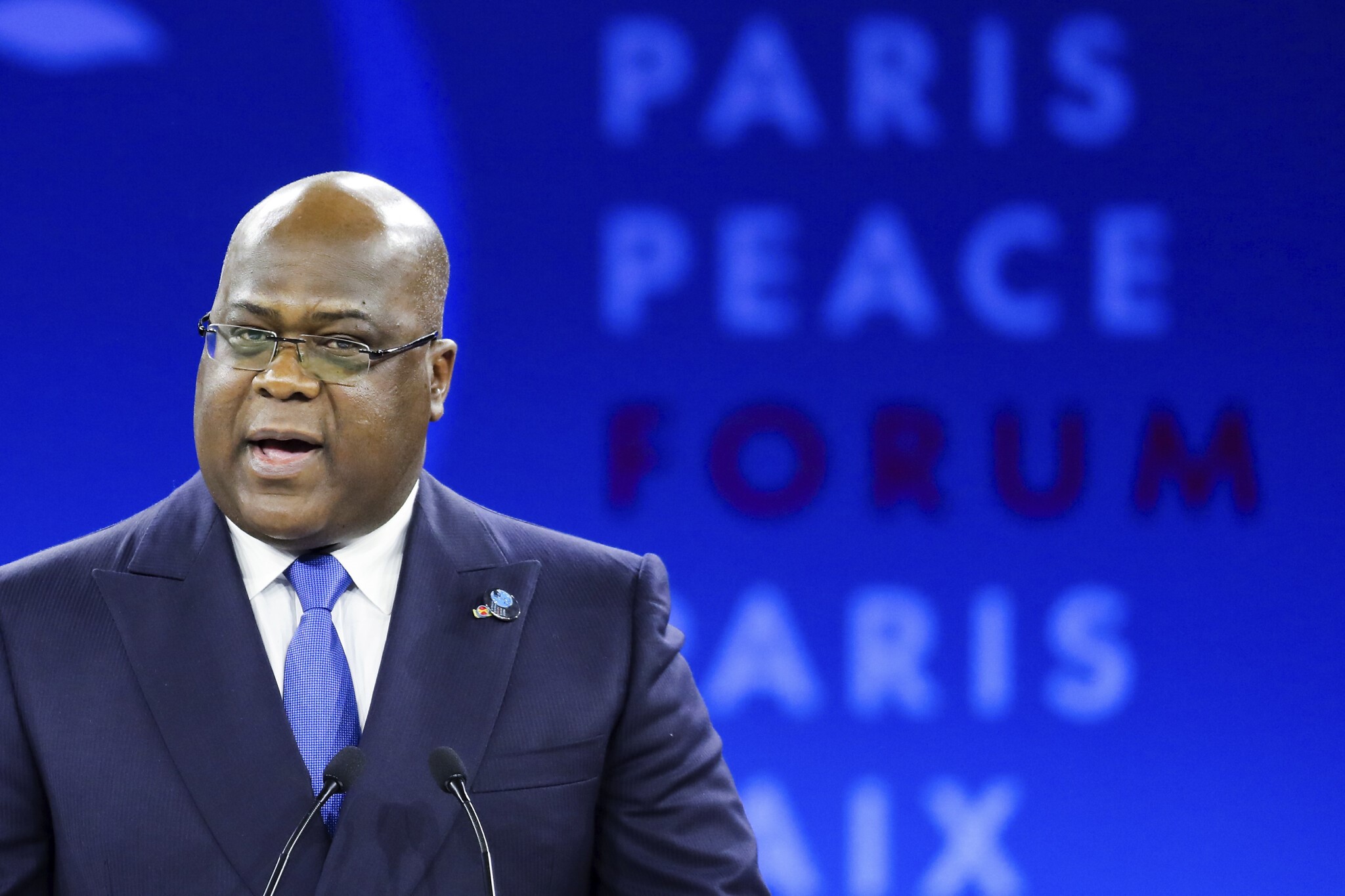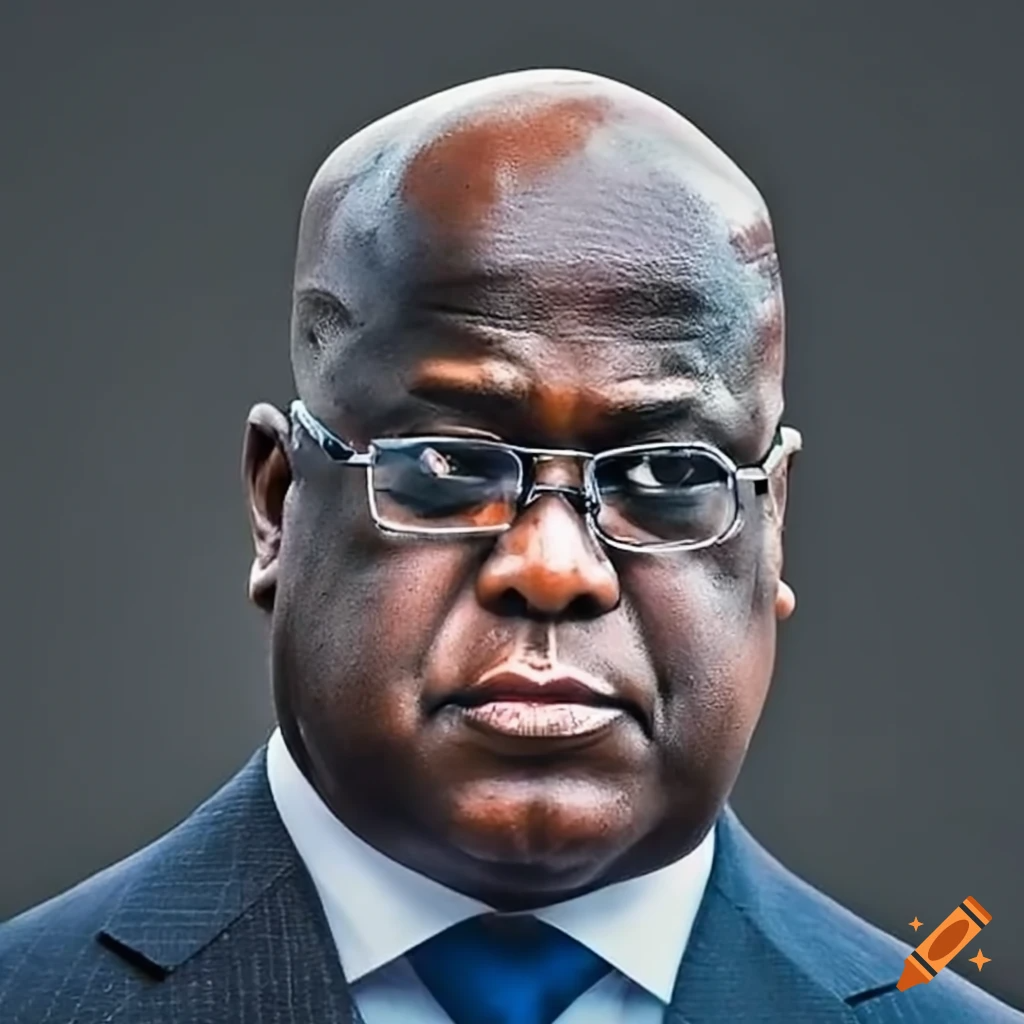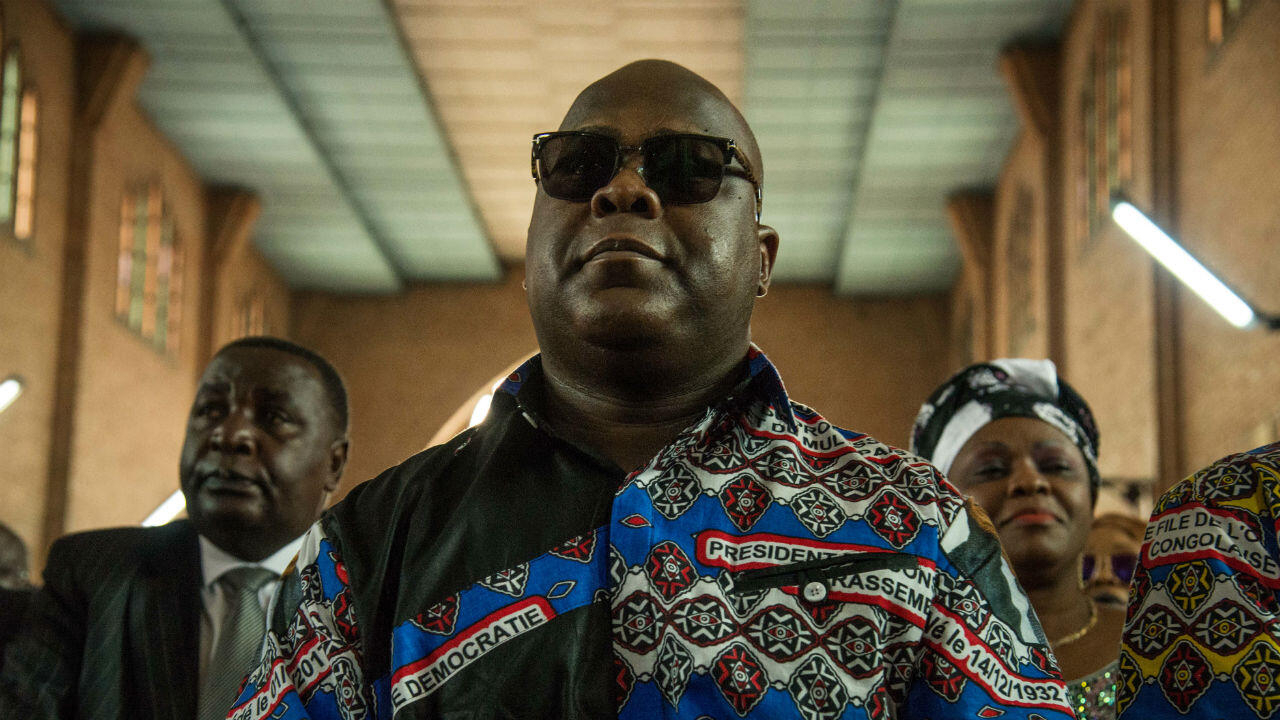Regional
DRC: Tshisekedi’s mediocre politics will bring nothing good
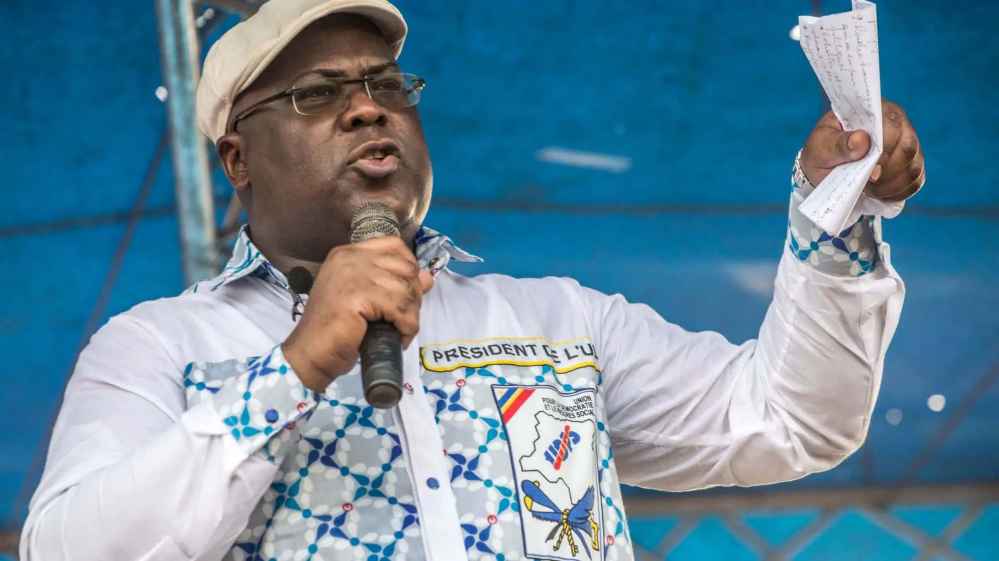
While campaigning
in Bukavu, the capital of South Kivu Province, on December 8, Congolese
President Félix Tshisekedi likened Rwandan President Paul Kagame to Nazi German
Adolf Hitler, with allegations that Kagame has "expansionist aims".
"I'm
going to address Rwandan President Paul Kagame and tell him this: since he
wanted to behave like Adolf Hitler by having expansionist aims [in the DRC], I
promise [him] to end up like Adolf Hitler,” Tshisekedi said.
"But
this time, [Kagame] has met a son of the country determined to protect his
country against all kinds of foreign aggression."
It
came after the Congolese president declared that “countries with hostile
intentions have their candidates that they actively support,” meaning Moïse
Katumbi. Tshisekedi said that while campaigning in Kindu, Maniema Province, on
November 19.
Tshisekedi
and his allies forged a narrative that Rwanda, which they call an “aggressor”,
has sent Katumbi as a presidential candidate to infiltrate DRC.
Tshisekedi,
whose five-year term was defined by a range of failures, has nothing to
convince the Congolese population so that they can vote for him. The escalating
insecurity in the country’s east speaks volumes.
To get
some supporters ahead of the December 20 polls, Tshisekedi opted to
trash-talking, inciting hate among Congolese people against other politicians
especially his opponents who highlight his failures, as well as blaming the leadership
of neighboring Rwanda for his failures.
This
way of exercising politics is too mediocre and few people believe Tshisekedi
has what it takes to deliver the peace and development his nation craves.
By
likening President Kagame to Hitler, Tshisekedi's politics seem to be assuming
skyrocketing proportions, leaving many to wonder about the potential
consequences of such inflammatory language.
The
use of derogatory terms in politics is not a new phenomenon. History has shown the
catastrophic consequences when such rhetoric goes unchecked. The architects of
the 1994 Genocide against the Tutsi in Rwanda laid the groundwork for mass
violence through the systematic use of anti-Tutsi derogatory terms.
As
these linguistic practices evolved, the terms became more overtly aimed at the
Tutsi population. During the 100 days of the Genocide, derogatory terms and coded
rewordings were employed to direct killers to their victims, highlighting the
dangerous power of speech in shaping real-world actions.
Tshiseked’s
behavior in Bukavu raises serious questions about his political maturity.
Rwanda
government spokesperson Yolande Makolo recognizing the gravity of the
situation, called on UN Secretary-General António Guterres to address
Tshisekedi's inappropriate behavior and put an end to the politics of insults.
Makolo
said that Tshisekedi’s anti-Kagame rhetoric is "a loud and clear threat by
the DRC president, in a context where the FDLR is more armed than ever."
If
left unchecked, this politics of insults could become a ticking time bomb, with
potential consequences that may blow up in the face of the entire region.
Historically,
trash-talking has raised fears to be a way to conflict between countries.
That
was the case in 2018 when, in a rapidly intensified war of words, government
officials of the nominal NATO allies Greece and Turkey were exchanging insults
and threats, recalling conflicts from a shared and bloody history. The speed
with which they had worsened, and the level of vitriol, raised
fears that the two heavily armed neighbors might be trash-talking their way to
new conflict.
Tshisekedi
also employed politics of insults against his opponents as well as Rwanda’s
leadership, after declaring to prepare for a war with the neighboring country.
It is
crucial for Tshisekedi to understand the ramifications of his words. As a head
of state, he has to coexist with Rwanda under Kagame's leadership, making
diplomatic relations vital for regional stability.
His lack
of political maturity or intellectual foresight, evident in his brazen insults,
raises concerns about the future of diplomatic ties between the two countries.
In a
world where words have historically been precursors to grave actions,
Tshisekedi's politics of insults must be condemned and curtailed before they
lead to irreparable damage.
The echoes of history serve as a stark reminder that unchecked rhetoric can sow the seeds of discord and violence, with consequences that may haunt people in the not-too-distant future.


.jpeg-20221214055432000000.jpeg)
